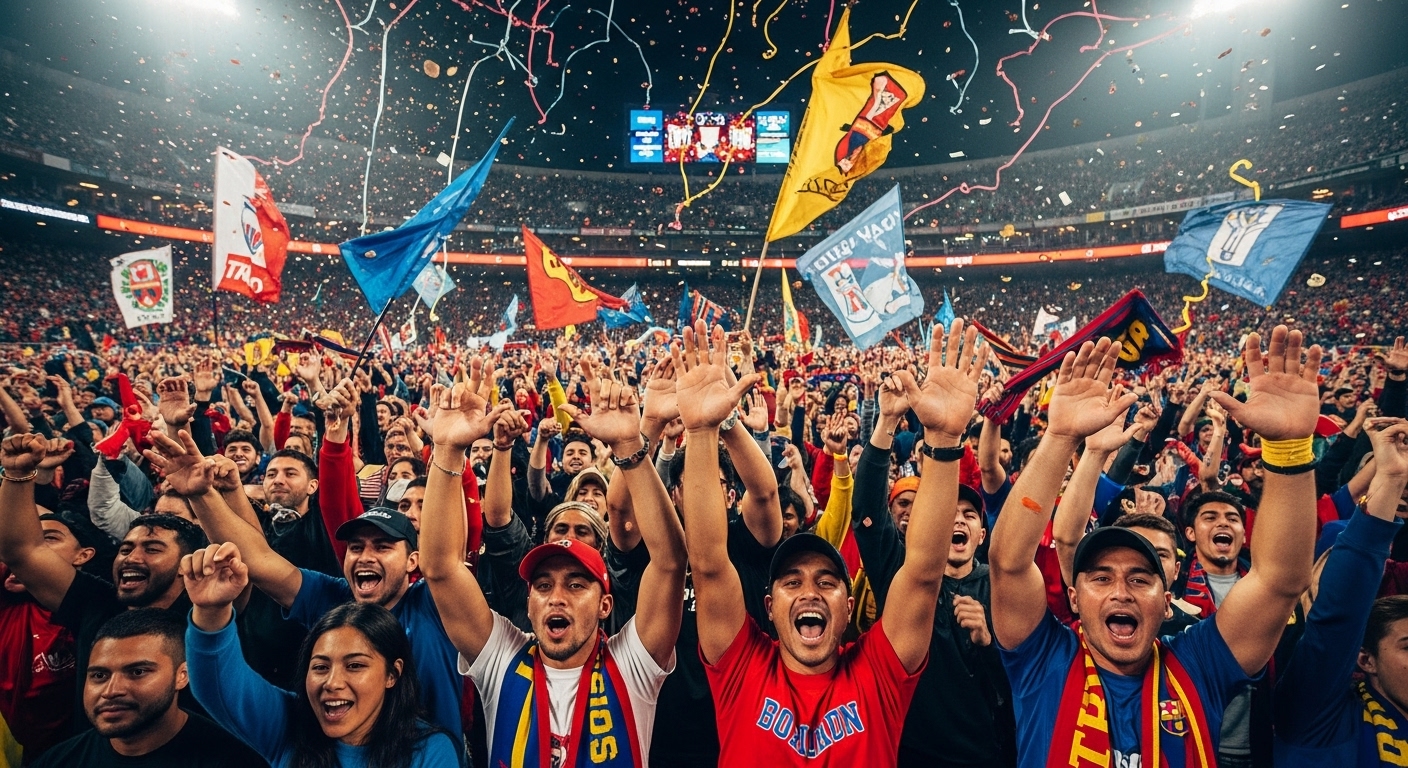There is something uniquely powerful about the moment when a team, after months or even years of struggle, finally captures a championship. For the athletes, it is the culmination of dedication, sacrifice, and talent, but for the fans, it is something more. It is the shared release of hope, loyalty, and belief that has carried them through every heartbreak, every near miss, and every long season. The way fans celebrate championships reveals as much about the culture of sport as the victories themselves, because while trophies are held aloft by the players, the celebrations often belong to the millions who stood by them.
One of the most familiar ways fans celebrate is through the roar that rises the moment the final whistle, buzzer, or out confirms the win. That single eruption, whether inside a stadium or from living rooms and pubs scattered across cities, is a sound of pure release. Years of waiting, decades of frustration, or the anxiety of a single game collapses into unrestrained joy. The roar turns into song, chants, or the familiar chorus of victory slogans that echo through the night. In certain cities, entire neighborhoods turn into seas of celebration as fans spill out of bars and homes to embrace strangers who suddenly feel like lifelong friends simply because they share the same team’s colors.
Parades have long been the most iconic ritual of championship celebration. They transform ordinary streets into rivers of humanity where players and fans are no longer separated by the walls of a stadium but united in a shared triumph. The images are unforgettable: double-decker buses in European cities rolling slowly past tens of thousands draped in scarves and flags, open-air floats in American cities carrying players hoisting trophies high above their heads, fireworks crackling in the background. These parades become landmarks in the cultural memory of a city, moments when generations gather together, parents lifting children on their shoulders so they can see their heroes pass by, while grandparents watch with tears of joy at a title they may have waited a lifetime to witness.
For many fans, the celebration is not confined to public spaces but continues in deeply personal and emotional ways. Championships are often experienced as family milestones, the culmination of years spent following a team together. A father and son who attended games through decades of disappointment may finally cry together as the team wins it all. A grandmother who has worn the same jersey for forty years may see her loyalty rewarded. These victories turn into family stories, shared across dinner tables and remembered in future generations as proof of how sport can bind people across time.
Around the world, fans adapt their own traditions to celebrate championships in ways that reflect their culture. In Latin America, football victories are often greeted with endless fireworks, drums, and spontaneous carnival-like parades. In North America, championship wins often lead to massive street gatherings, with cities illuminated in their team’s colors and sometimes even erupting into wild, unrestrained parties that last until dawn. In European football, it is common for fans to flood town squares, light flares, and sing club anthems well into the night, creating scenes that resemble festivals more than sports celebrations. In cricket-loving nations like India or Pakistan, the victory of a national team often brings entire cities to a standstill, with motorbikes racing through streets, flags waving from rooftops, and celebrations stretching for days.
Yet celebrations are not always purely joyous; they also carry deep emotional resonance. For many fans, a championship is validation after years of loyalty. It is proof that the faith they invested in a team was not in vain. That feeling is heightened in cities or clubs where titles have been rare. When the Chicago Cubs ended their 108-year drought with the 2016 World Series win, fans wept openly, visited cemeteries to “share” the victory with relatives who had not lived long enough to see it, and turned the city of Chicago into a monument of relief and joy. Similarly, when Leicester City won the Premier League in 2016, fans celebrated not just a sporting miracle but a moment that defied logic, proof that dreams can indeed come true. These are not just celebrations of sport but of human belief, resilience, and the enduring power of hope.
In the digital age, celebrations also unfold online, amplifying their reach far beyond local communities. Social media explodes with memes, videos, and live streams of fans celebrating in real time. Supporters across the world who may never set foot in their team’s city can now join in the festivities, creating a global community united by victory. Hashtags trend worldwide, iconic images are shared millions of times, and virtual celebrations carry the echoes of parades into living rooms thousands of miles away. Championships have thus become not only local triumphs but global phenomena, shared across time zones and borders.
For the players themselves, the sight of fans celebrating is often as rewarding as lifting the trophy. They see their city transformed, they hear their names sung in unison, and they witness the impact their victory has had beyond the arena. It is a reminder that championships are not just about sport but about identity, pride, and belonging. The fans’ celebrations are proof that the victory belongs not just to the athletes but to every person who wore the colors, sang the songs, and believed when it seemed impossible.
At their core, the ways fans celebrate championships reveal that sport is more than competition; it is a cultural force that connects people in profound ways. The joy of victory is amplified when shared, the pride of achievement magnified when it belongs to a community. Whether through massive parades, family gatherings, digital hashtags, or citywide street parties, the celebrations remind us that championships are not only written in history books but also in the hearts of those who lived them. The trophies may rest in glass cases, but the celebrations endure as living memories, replayed every time fans gather to remember where they were when their team finally triumphed.

